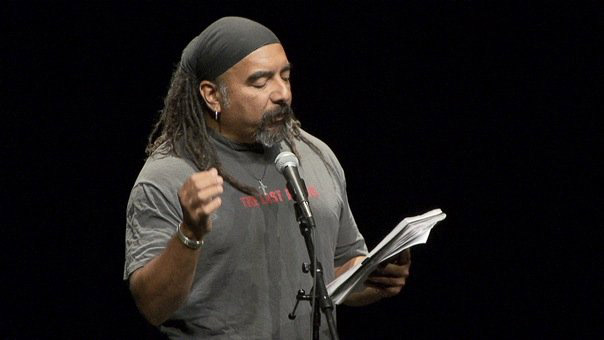Poetry News
An Interview With Newly Crowned Slam Poet Laureate Danny Solis


Danny Solis’ words take flight.
Latest Article|September 3, 2020|Free
::Making Grown Men Cry Since 1992


Danny Solis’ words take flight.


